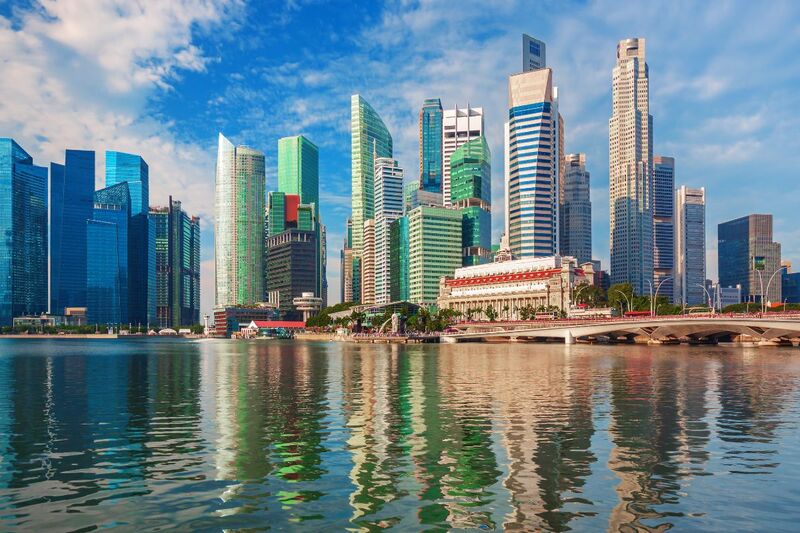Celebrating Fatherhood: How Singapore Honours Dads on Father’s Day 2025
Father’s Day in Singapore, celebrated on Sunday, June 15, 2025, is more than a calendar event — it’s a heartfelt tribute to the men who shape our families and future generations. While it isn’t a public holiday, its cultural significance continues to grow as families embrace new ways to celebrate paternal love and commitment.
Why Father’s Day Matters in Singapore
Father’s Day was first introduced in the early 20th century in the U.S. and has since become a global occasion to acknowledge father figures. In Singapore, it resonates deeply with our emphasis on family values and generational respect.
The nationwide Dads for Life movement, launched by Singapore’s National Family Council in 2009, highlights the evolving role of fathers. It champions active and present fatherhood, shifting perceptions from fathers as mere providers to involve caregivers, mentors, and emotional anchors.
How Singaporeans Celebrate Father’s Day 2025
1. Dining Out with Dad
Restaurants across Singapore are expected to roll out special Father’s Day promotions and menus. From upscale steakhouses to casual family dining, booking out a Father’s Day brunch or dinner has become a go-to gesture for many families.
2. Thoughtful and Practical Gifts
Singaporeans typically gift items such as gadgets, cologne, personalised accessories, or even wellness packages. E-commerce platforms often run exclusive Father’s Day campaigns in the weeks leading up to the occasion, tapping into seasonal shopping trends.
3. Shared Experiences and Time Together
A growing number of families are opting for “experience gifts” — such as tickets to sporting events, concerts, or outdoor activities like fishing or hiking. These experiences not only honour the father figure but also create memories that last beyond the day.
The Rising Role of Fathers in Modern Singapore
Today’s Singaporean dads are more involved than ever. According to the Ministry of Social and Family Development (MSF), the percentage of fathers using Government-Paid Paternity Leave rose from 47% in 2016 to 53% by 2021. This trend highlights a societal shift toward shared parenting responsibilities.
Initiatives like “Dads@School” and “Celebrating Fathers” further reinforce this transformation, encouraging more inclusive and balanced family dynamics.
Father’s Day and Singapore’s Changing Work Culture
With hybrid work becoming the norm in many industries, more fathers now have the flexibility to spend meaningful time with their children. This shift in work-life integration is redefining what fatherhood looks like in Singapore — less about rigid roles and more about quality presence.
At Reeracoen, we’ve observed a growing number of candidates seeking work environments that support parenting responsibilities, including paternity benefits, flexible hours, and family-oriented company cultures. Employers that embrace father-friendly policies tend to attract and retain high-quality talent — across both genders.
Looking Ahead
As Singapore celebrates Father’s Day 2025, we’re not just acknowledging individual dads — we’re celebrating a cultural evolution. One where caregiving is shared, masculinity is redefined, and parenting is proudly co-led.
So whether you’re planning a weekend meal, a heartfelt gift, or simply some quiet bonding time, remember: the most powerful way to honour a father is by being present.
Seeking Your Next Career Opportunity?
Submit your CV — Our trusted Career Consultants will review your resume and contact you if we find a position that matches your profile!
OR
Looking to Hire?
Please fill in this Inquiry Form — our Recruitment Consultants will be in touch with you soon!
Disclaimer:
The information provided in our blog articles is intended for general informational purposes only. It is not a substitute for professional advice and should not be relied upon as such.
While we strive to provide accurate and up-to-date information, the ever-evolving nature of certain topics may result in content becoming outdated or inaccurate over time. Therefore, we recommend consulting with qualified professionals or experts in the respective fields for specific advice or guidance. Any actions taken based on the information contained in our blog articles are solely at the reader's discretion and risk. We do not assume any responsibility or liability for any loss, damage, or adverse consequences incurred as a result of such actions.
We may occasionally provide links to external websites or resources for further information or reference. These links are provided for convenience and do not imply endorsement or responsibility for the content or accuracy of these external sources. Our blog articles may also include personal opinions, views, or interpretations of the authors, which do not necessarily reflect the views of our organisation as a whole. We encourage readers to verify the accuracy and relevance of information presented in our blog articles and to seek professional advice when needed. Your use of this website and its content constitutes acceptance of this disclaimer.
References





